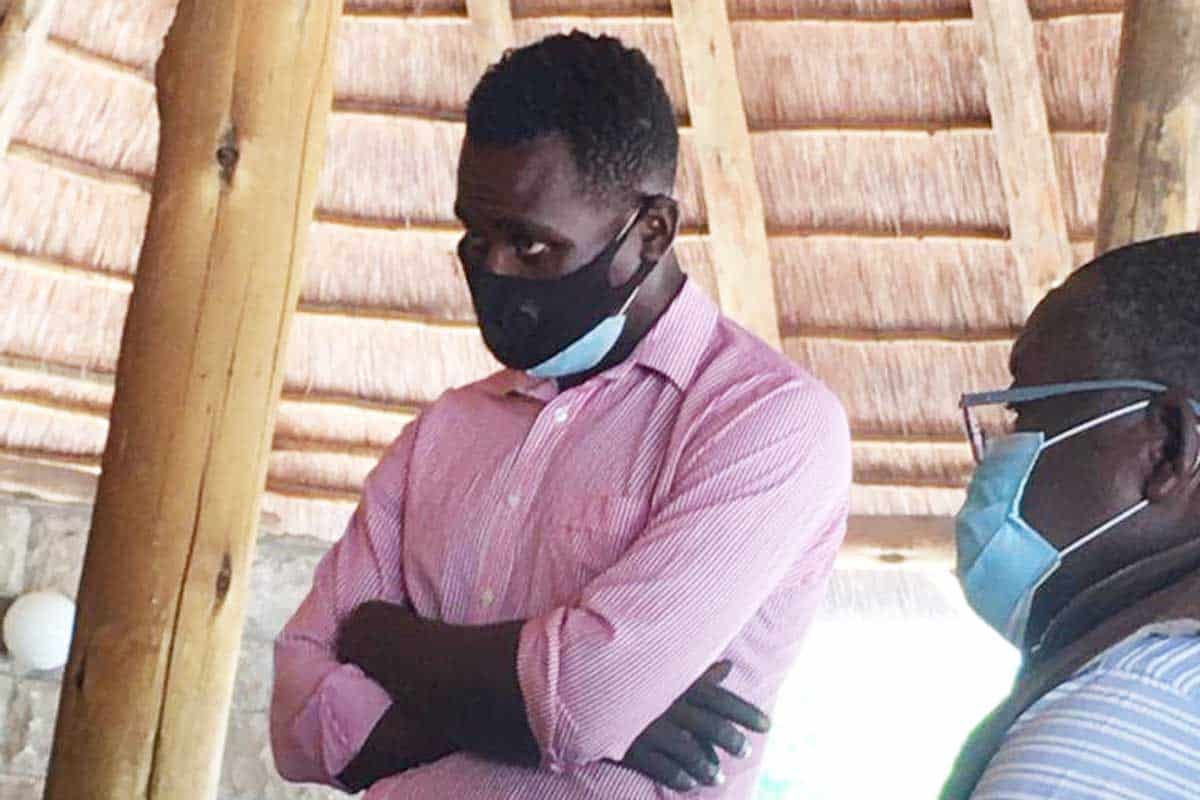Family fallout over land sold to bury father
When Maun-based businessman, Balothanye Pelaelo died from Covid-19 complications on 9 August last year, he left this earth with his funeral and insurance policy inactive and a bank balance of around P300.
Desperate to lay the 50-year-old to rest within four days as per the Covid-19 protocols at the time, Pelaelo’s cash-strapped family pledged to sell part of his residential plot to raise funds for a coffin.
Because of the dead man’s considerable size, the family needed a big coffin – a final resting place that came with a hefty P25, 000 price tag!
Only able to raise P5, 000 themselves, and with time ticking by, after two weeks the family thought their prayers had been answered when one Tshiamo Tsheko agreed to buy the land for P20, 000.
The deal was struck and Pelaelo was finally laid to rest.
However, after the burial, trouble flared when the deceased’s children blocked the land’s transfer. Meanwhile, Tsheko is on the elder’s neck demanding his land or at the very least a refund.

Led by 63-year-old Olebeng Balapi, the elders have sought out Maun Customary Court seeking a resolution to the family feud.
They accused Pelaelo’s four children, pointing the finger primarily at Mphoyame Maranyane, 25. as the ring leader, of hindering the estate distribution.
Explaining how they came to put the plot up for sale, Balapi, who is the dead man’s uncle, told court, “We tried selling his [Pelaelo’s] vehicles, but to no avail. First we tried to sell the Ipsum to a local pawn shop but they said they could only trade it in with P5, 000, and the elders declined to take the offer. We then tried to sell the Toyota Hilux and we couldn’t find a buyer either.”
Since Pelaelo had several residential plots, the family decided the best way to bring in fast cash was to sell a portion of the land.
A buyer eventually came forward with the asking price and it was agreed one of the residential plots would be divided into two, with Tsheko getting the undeveloped side.
Balapi and other elderly relatives, including Maithamako Sefu, 69, and Lebogang Pelaelo, 59, told court that after the burial Pelaelo’s estate was distributed among family members and his four children: Stella Molefe, Mphoyame, Loago and Bame Maranyane.
They claim Mphoyame refused with some of the property, including vehicle parts and batteries among others.
They further allege that the three Maranyane brothers received a residential plot to share, while the other plot was divided as agreed, with Molefe to take one half and Tsheko the other as payment for the P20, 000.
“Landboard applications were made to process the transfers but three days later the children approached the landboard to cancel the applications,” stated Balapi.

Grumbling her support, the deceased’s sister, Lebogang added, “We the elders have to pay the coffin buyer because the agreement has not been honoured.”
Responding on behalf of the children, Mphoyame maintained they moved to freeze the applications as they believed their father’s family had connived to deny them their inheritance.
“We discovered that they secretly wanted to give the said plot to our father’s younger sister,” insisted Mphoyame, who was instructed to bring proof of such as the applications before Tawana Landboard only stated transfers to the children and coffin buyer.
Mphoyame added he became even more suspicious of the elders when they divided his father’s most valuable property amongst themselves, leaving only ‘worn out household goods’ for the kids.
“All the household property which were given to us are worn out; dead refrigerators, sofas, spades and useless clutter. They divided among themselves pricey and useful property!” he told court on Tuesday.
The upset youth claimed the elders took expensive electronics including generators, chain saws and vehicles among a long list of property.
The matter resumes this Thursday (20 January), when Mphoyame was given two days to submit evidence of the alleged deceitful exchange of his father’s land.












